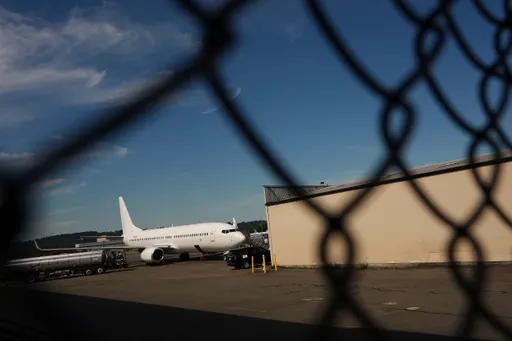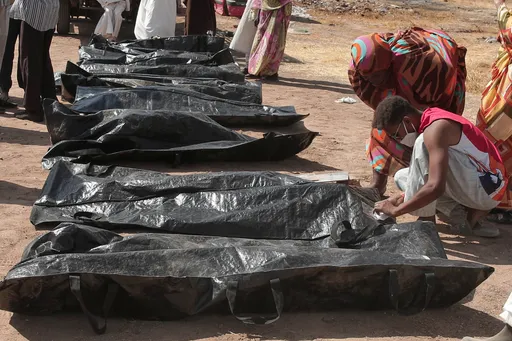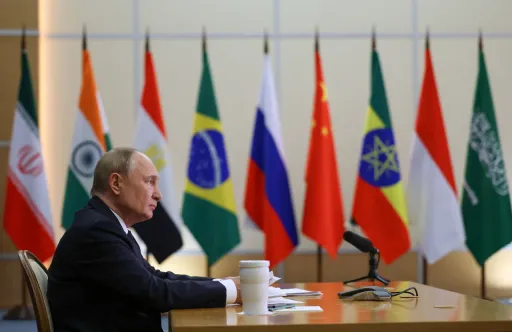By Firmain Eric Mbadinga
Senegalese songstress Khady Pouye's soaring vocals on Ne me cache pas (I am not hiding) deliver to enraptured listeners more than just a symphony for the ears.
Couched in the foot-tapping rhythm of the song, titled Wonema in her native Wolof language, is a message drawn from Khady's experience of navigating life with a physical disability.
Her vocal timbre is steeped in emotion, while her lyrics are understated yet meaningful, gently expressing the need for society's commitment — regardless of nationality or culture — to understand and support people living with disabilities.
Khady has been a fighter all her life, surmounting physical challenges to empower herself and achieve her goals.
"My optimism keeps me going," she tells TRT Afrika. "I have never played the victim."
Khady credits her strength of character with seeing her through the early stages of recognising and reconciling to her disability. "I was seven when I saw my lower limbs getting deformed. This continued from the first year of primary school to the first year of secondary school," she recounts.
Stigma and discrimination
As a little girl, Khady would often be teased by those around her. But she had one quality many of the other kids didn't. Khady had an amazing natural vocal range that inspired her to sing.
"I have been in the music business since 2007. Many people used to criticise me, saying I would not make it. That's how I embarked on this journey, determined to prove the naysayers wrong," she says.
Khady enrolled at the Dakar School of Music to improve her skills despite the institute being 30km away from Rufisque, where she lived.
"For three years, despite my motor disability, I would walk along a path made of sand and stones to reach the nearest transit point. It was hard, but that didn't discourage me," she tells TRT Afrika.
After training at the Dakar school and performing as an amateur in a series of concerts, Khady decided it was time to create her own unique identity as an artist.
Over the next few years, she released several singles and music videos, leading to a full-fledged album, the title track of which is Wonema.
In the song's official video, actors and dancers depict various disabilities or reduced mobility. One scene shows a disabled boy whose mother appears to hide him when she has visitors.
Khady's visual messaging complements the powerful lyrics. She wants her viewers and listeners to see beyond people's disabilities and help create an inclusive, level playing field for all.
"Through this song, I denounce the abuse suffered by people with disabilities. While I have always been able to count on my father's unstinted support, others are not so lucky," she explains.
"In the video, the mother hiding her child goes on to exploit him, depicted through a scene in which the boy is sent out to beg on the streets."
Similar situations play out in reality, too. "Children with disabilities need to be taken care of and integrated into society," says Khady, who is in her forties and a part-time seamstress.
Struggle for inclusivity
A United Nations report published in March 2023 gives a global overview of the inequalities and injustices faced by people with disabilities, including stigmatisation, discrimination, poverty, exclusion from education and employment, and obstacles within the healthcare system.
In Senegal, as in many other African countries, there are few accessible routes to cultural and other events for individuals with impaired mobility.
According to the United Nations, 1.3 billion people in the world have some form of disability, which works out to one person in every six people.
Article 18.4 of the African Charter on Human and Peoples' Rights stipulates that individuals with disabilities have the right to specific protections commensurate with their physical and mental needs.
In 2012, Khady established Handi Afrique to assist people with disabilities and promote their socioeconomic inclusion.
With the support of partners, most of them private organisations, Handi Afrique has been organising a cultural festival for many years and entrepreneurial training sessions through NGOs and training centres.
These training courses enable the beneficiaries to learn crafts, some of which are exhibited at Handi Afrique's annual cultural festival. The 10th edition is scheduled to take place in Dakar on June 8.
"During this festival, disabled artists sing and dance to the rhythms of Senegalese culture. When I go on stage and sing, the audience is happy. The ministry of culture supports me in organising this event, especially in picking the venue and arranging logistics," says Khady.
Omar Gueye, who manages Khady, has nothing but praise for his artist.
"Hear her sing on stage, and you will feel all the positive energy she gives off. She makes people dance. Her vision and ambition is to find solutions for people with reduced mobility from all walks of life, especially those in the cultural field," Omar tells TRT Afrika.
➤Click here to follow our WhatsApp channel for more stories.



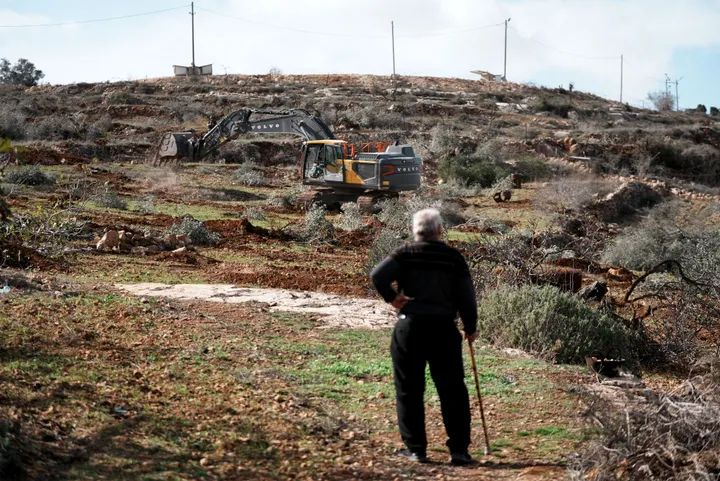
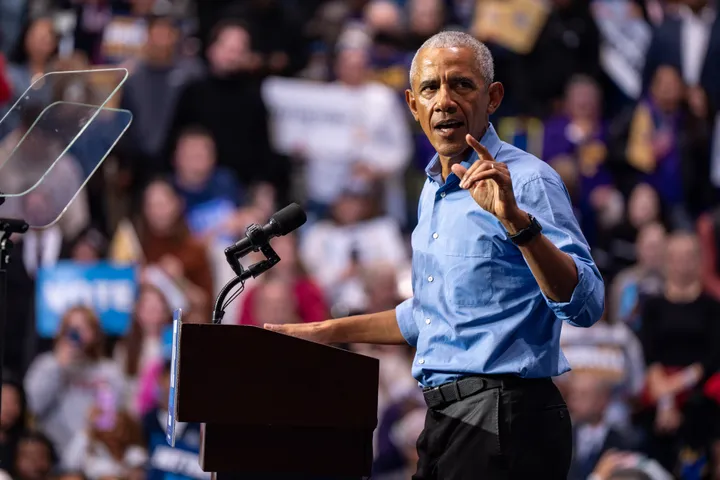





.JPG?width=512&format=webp&quality=80)





